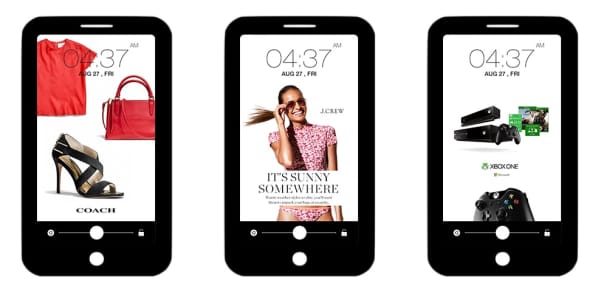"Most people don't really love their phone company," says Wikipedia co-founder Jimmy Wales. "It's just the one they have."
Wales is embarking on a push to make mobile networks more ethical by putting his name behind The People's Operator (TPO), a phone network where 10 percent of a customer's bill goes to the charity of their choice, while 25 percent of the company's profits will also be donated to charity.
Wales' new venture comes at a time when the competition for mobile customers is heating up with more and more alternative operators emerge to take on the big networks.
Even Deutsche Telekom's T-Mobile is seeking to draw in new recruits by offering $350 per to individuals in the U.S. who leave their contracts with AT&T, Sprint, or Verizon.
As 4G – the next generation of mobile networks that allows faster downloads and quicker access to the internet – becomes increasingly abundant, consumers' relationships with their mobile company will shift. People are becoming less concerned with free texts or phone calls and more focused on their data plans. The customer is becoming more aware of what deals are on offer and what deals they need.
"We're part of a long-term trend, because consumers are more concerned than ever," Wales told CNBC in a phone interview. "They care about certain choices. They have the ability to find out and make these choices."
(Read more: )
Charity or cheap?
Post-financial crisis and Occupy Wall Street, there has been a growing tide of frustration at large companies dominating certain sectors – as seen recently in debates in the U.K. about large retail banks and energy firms.
Following complaints in the U.K., telecoms watchdog Ofcom recently ruled that all new customers of the country's mobile networks should not be penalised for leaving their network midway through a contract.
Wales believes this consumer activism could spill over into the mobile sector too and that people want a service they can feel good about.
"Look at Toms shoes, where they grew very quickly through a model where, instead of spending a money on advertising, every time you bought a pair of shoes they would give away a pair of shoes in the developing world," he said in a phone interview.
"By doing that they got enormous word of mouth; people liked the story and they liked the idea. That's the kind of thing we want to tap into, where people say, 'How do we want companies to spend our money?'"
While TPO does not offer actual phones, just SIM cards, it's deals are compare favorably to other network providers: £14.99 per month gets you unlimited calls, texts and data. According to the International Telecom Union, an average phone plan including 500 MB of data for a month costs $85 in the U.S., $8.80 in the U.K. and $24.10 in China, in terms of U.S. dollar Purchasing-power Parity (PPP).
Wales is aware that he needs to maintain these good deals. If prices rose too much, he admitted that some customers may leave and just donate to charity separately rather than through TPO.
Meanwhile, in the U.S., FreedomPop, a Los Angeles-based company, offers a pricing model based around the "freemium" model: offering a basic set of services for free, with add-ons coming with charges. FreedomPop provides 200 voice minutes, 500 texts and 500 MB of data completely free of charge for each month.
You can then alternatively sign-on for a two-year deal for $110, which works out at $4.58 per month, offering unlimited voice calls and texts and 500 MB of data. FreedomPop uses Voice over IP (VOIP) for texting and voice calls.
(Read more: Wikipedia co-founder: Mobile growth can be ethical)
Data is king
Steven Sesar, the chief operating officer at FreedomPop, told CNBC that grabbing customers with good data deals was key.
A popular paid extra for the company is the ability to roll over 500 MB of free data. For $3.50 per month, customers can save their 500 MB and then use it at a later date, instead of losing it at the end of the month.
"Voice and text will continue to fall off and everything is data, just like how copper phone lines went away the last decade and were replaced with broadband and VOIP," Sesar said via email.
While FreedomPop isn't yet confident that it will soon take over from the big networks, Miller does predict a sea-change in the market.
"What I can say with certainty is that we are seeing an age where new entrants and new technology will drive down mobile costs. So big carriers will not be able to command the hefty pricing and margins they have the last several years."
Data is something Wales is acutely aware of, as TPO competes with its bigger rivals in an attempt to expand across Europe and the U.S. Wales argued that as alternative companies like TPO and FreedomPop emerge, the question of data costs are going to become the focus for the future.
"I use tonnes of data and I do think that the demand for data is higher and higher," he said. "I download cartoons for my three-year-old onto my phone. In the past, I never would have considered that. Now that the hardware is capable of more, there is more demand for data."
—By CNBC's Kiran Moodley. Follow him on Twitter @kirancmoodley




